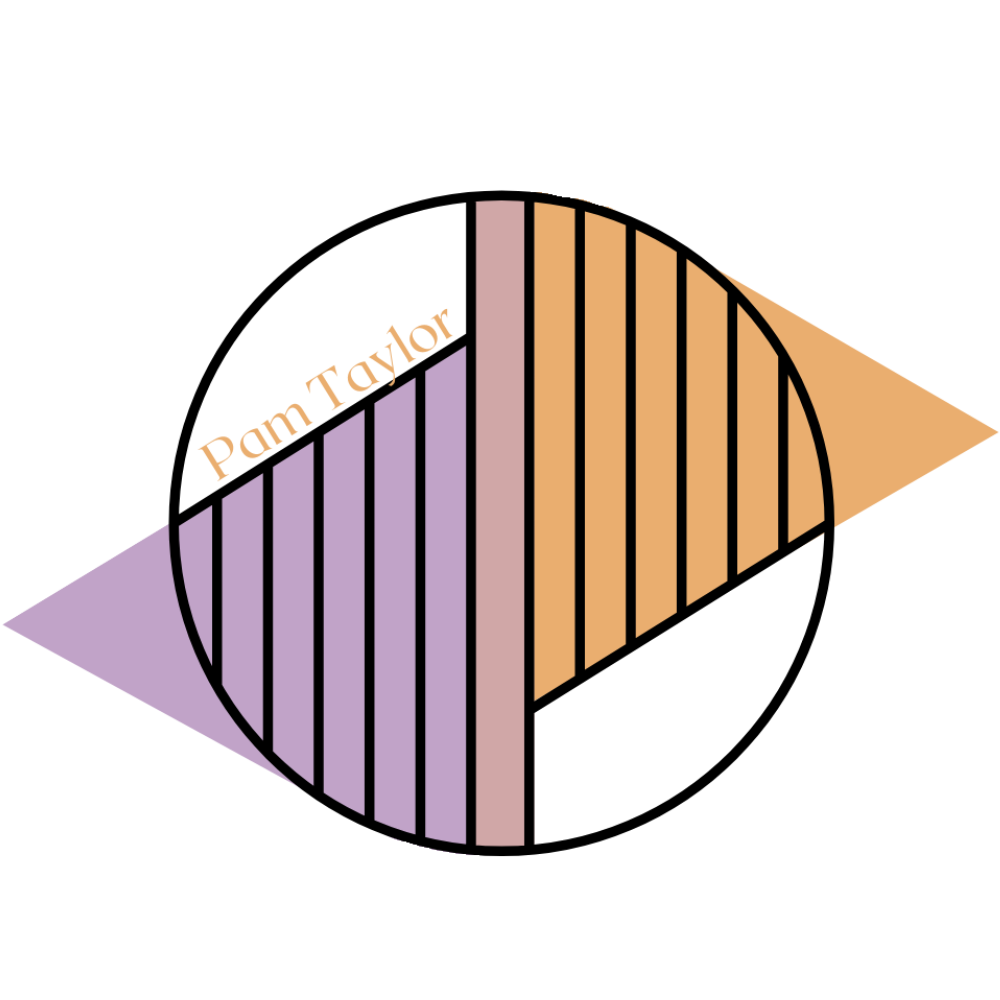Scaling Knowledge Across Complex Operations
Transforming scattered institutional knowledge into systematic, reusable frameworks
The Knowledge Management Challenge
Wine & Food Foundation managed 50+ annual productions using scattered Word and Excel documents stored in OneDrive. While information existed, there was no systematic way to capture, share, or reuse knowledge across events. Successful solutions from one production rarely benefited others, and institutional knowledge remained locked in individual documents and post-mortem meetings.
Before: Fragmented Knowledge System
- Word/Excel documents scattered across OneDrive
- No uniform planning document structure
- Solutions trapped in post-mortem meetings
- Knowledge required hunting through multiple individual files
- Weekly production meetings took 60+ minutes
- Limited pipeline visibility
- Reactive vendor booking and timeline management
After: Systematic Knowledge Architecture
- Unified Monday.com project management system
- Standardized workflow templates for all events
- Wiki structure linking templates and best practices
- Centralized knowledge repository with quick access
- Weekly meetings reduced to 45 minutes or less
- Complete pipeline visibility and early planning
- Proactive vendor relationships and cost savings
Strategic Knowledge Architecture Approach
Rather than simply digitizing existing processes, I designed a comprehensive knowledge management ecosystem that captures, organizes, and makes institutional knowledge immediately accessible and reusable across all productions.
Integrated Knowledge Management System
Each component feeds into the others, creating a self-reinforcing knowledge ecosystem
System Design
Analyzed existing workflows and designed Monday.com board structure with automated task assignments and deadline management
Iterative Implementation
Implemented through multiple iterations, refining automations and workflows based on stakeholder feedback and usage patterns
Change Management
Created individualized training programs and intuitive automations to ensure stakeholder buy-in and adoption
Template Standardization
Developed comprehensive template library covering all event types, from 500-person galas to 18-person education classes
Platform Implementation & Knowledge Capture
Comprehensive Template Ecosystem
Monday.com Group Templates
Standardized project boards with automated workflows
Production Schedule Templates
Timeline templates adaptable to any event scale
Marketing Asset Templates
Standardized promotional material frameworks
Document Integration
Centralized linking and uploading system for all resources
Scalable Template System
The key insight: Nearly everything can stay consistent between events—only event details change. Whether planning a 500-person gala dinner and wine auction or an 18-person education series, the same templates and timelines apply. This standardization enables massive efficiency gains while maintaining quality across all production scales.
Knowledge Management at Scale
Automated systems scale knowledge from intimate classes to major galas using identical frameworks
Measurable Knowledge Management Impact
Meeting Efficiency
Weekly production meetings reduced from 60+ minutes to 45 minutes or less through improved information organization
Pipeline Visibility
Full visibility into production pipeline enables proactive planning and resource allocation
Cost Optimization
Advanced planning enables vendor booking with more notice, reducing costs and improving quality
Knowledge Reuse
Templates and learnings from one event automatically available for all future productions
Process Consistency
Identical planning processes ensure quality and efficiency regardless of event scale or complexity
Scalability
System scales from 18-person classes to 500-person galas using the same knowledge infrastructure
Next Phase: Comprehensive Knowledge Wiki
Currently developing an integrated wiki structure that will link notes, templates, and post-mortem insights directly to planning documents. This final component will create a comprehensive knowledge ecosystem where every piece of institutional learning is immediately accessible and actionable for future event planning.
The vision: A system where no organizational knowledge is ever lost, every solution is immediately reusable, and institutional learning compounds with each event to continuously improve operational excellence.
Strategic Knowledge Management Principle
"The most effective knowledge management systems don't just capture information—they create frameworks that automatically generate value from every organizational experience, making institutional learning a competitive advantage rather than a manual process."
